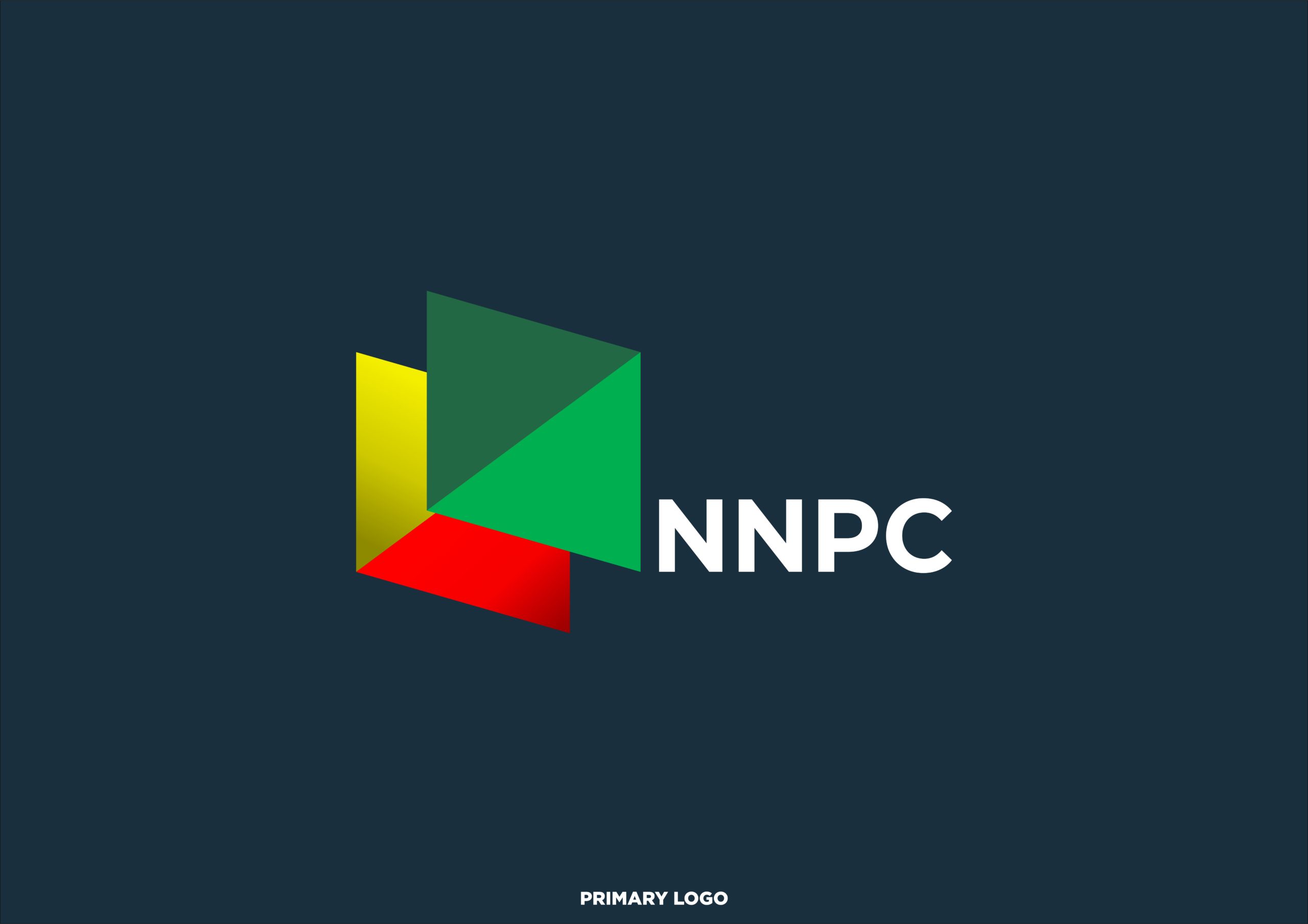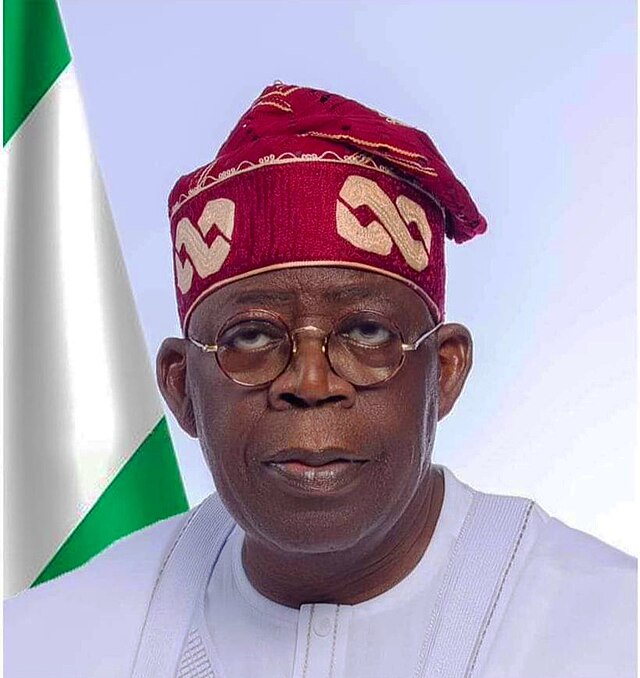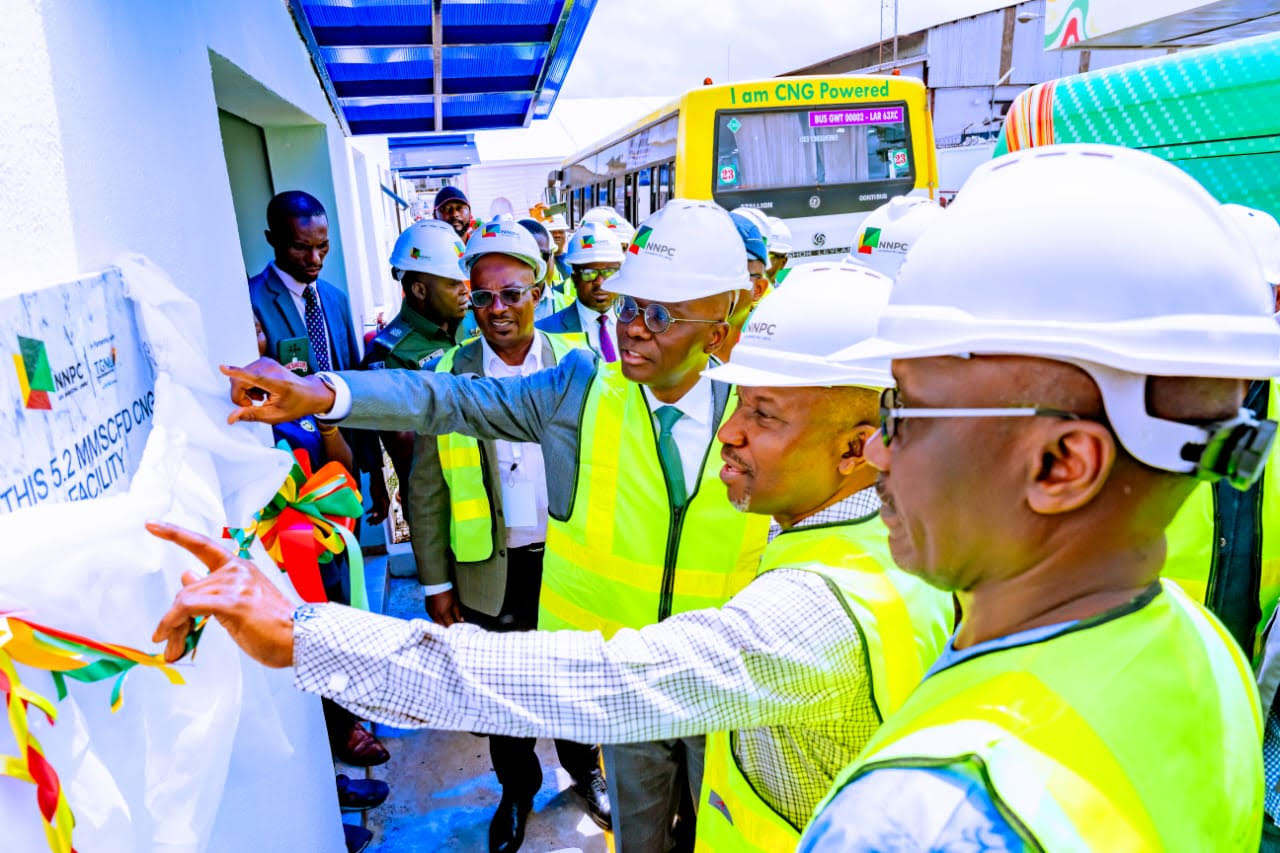Energy
Schneider Electric’s BipBop access to energy program doubly recognized
PARIS – Schneider Electric announces that two projects in its BipBop (1) access to energy program have been chosen to participate in the “Africa Forum – 100 innovations for sustainable development” taking place in Paris on 4 and 5 December 2013.
This forum was initiated by the French Ministry of Foreign Affairs, prompted by the Deputy Minister responsible for Development, Pascal Canfin, in partnership with the French Development Agency (AFD).
The “Africa Forum – 100 innovations for sustainable development” aims to highlight innovative concrete examples and practical solutions on a national or local scale, in such varied fields as health, the environment, agriculture and food safety, education and new technology. In addition to the entrepreneurial nature and economic viability of these innovations, their contributions to sustainable development and their social and environmental dimensions will be recognized. The event follows on from the Development and international solidarity forums, closed on March 1st 2012 by the French President. It is evidence of France’s support, via the AFD Group, for the promotion of innovative sustainable development in Africa.
Two projects developed by Schneider Electric in the context of BipBop, its access to energy program, were selected from the 100 projects presented:
 “Energy and Microfinance” project in Cameroon – Sponsored by the PAMIGA (Participatory Microfinance Group for Africa) association, in collaboration with Schneider Electric and the MIFED in Cameroon, this project consists of offering micro-credit solutions in rural and urban areas to finance the purchase of solar solutions. Such schemes can boost the economic development of individual tradesmen and small businesses. Schneider Electric provides solutions which meet the needs identified by microfinance institutions (MFIs) and uses its local partners (distributors, integrators, installers) to assure the customers of these MFIs of the availability of these affordable solutions, combined with a quality service. The customers of these MFIs are offered two types of credit: “light” credits which offer low-energy solar lighting systems; and “energy” credits, designed to provide solar solutions suitable for the needs of an income-generating activity. This project has also been initiated in Tanzania and Ethiopia.
“Energy and Microfinance” project in Cameroon – Sponsored by the PAMIGA (Participatory Microfinance Group for Africa) association, in collaboration with Schneider Electric and the MIFED in Cameroon, this project consists of offering micro-credit solutions in rural and urban areas to finance the purchase of solar solutions. Such schemes can boost the economic development of individual tradesmen and small businesses. Schneider Electric provides solutions which meet the needs identified by microfinance institutions (MFIs) and uses its local partners (distributors, integrators, installers) to assure the customers of these MFIs of the availability of these affordable solutions, combined with a quality service. The customers of these MFIs are offered two types of credit: “light” credits which offer low-energy solar lighting systems; and “energy” credits, designed to provide solar solutions suitable for the needs of an income-generating activity. This project has also been initiated in Tanzania and Ethiopia.
The decentralized rural electrification project at Abu Monkar in Egypt – This Schneider Electric project paved the way for development of the first solar power plant built in the Egyptian province of New Valley. The solar power plant at Abu Monkar, built more than 75 miles from the nearest grid, delivers 108 kWh/day, enough to meet all the village’s basic needs (school, mosque, homes, etc.). Schneider Electric also trains the residents of Abu Monkar to ensure optimal operation and maintenance of the power plant.
“The strength of the BipBop program relies on the combination between the R&D capabilities of Schneider Electric and the engagement of our local employees who all know perfectly their own countries’ problematic and ecosystems. Answering the rural energy challenge is key both for the continent’s economical development and for the people who directly benefit from light, from a better agriculture, education or healthcare. It is an exciting challenge and I think all our employees who made these two BipBop projects happen can be very honored and proud to see their efforts recognized by the French government”, states Mohammed Saad, President of Schneider Electric in Africa.
In the context of the Forum, René Pierrot Ekoé, Sustainable Development Engineer at Schneider Electric Cameroon and sponsor of the “Energy and Microfinance” project, was selected with 20 other project sponsors to speak on 5 December 2013 and share the Group’s ideas on best practice.
Energy
NNPC Ltd Sustains March Towards Regulatory Excellence

. . . Bags NIMASA’s Compliance Certification On Ship, Port Security
The NNPC Ltd has reiterated commitment to sustaining its march towards process improvement, regulatory compliance and performance excellence.
Executive Vice President, Business Services, NNPC Ltd, Inuwa Danladi, disclosed this while speaking on the recent certification of the International Ship and Port Facility Security (ISPS) Code Compliance obtained by the Company, from the Nigerian Maritime Administration and Safety Agency (NIMASA).
The ISPS certification, issued in April 2024 and covering all NNPC jetties nationwide, is crucial for the company’s business continuity as it prevents potential operational disruptions and financial losses.
Beyond demonstrating NNPC Ltd’s continuous adherence to regulatory compliance, Inuwa said the certification also grants the company entry into the Global Integrated Shipping Information System (GISIS), enhancing its reputation as a safe and reliable business destination and potentially reducing the company’s insurance premiums.
Inuwa listed some of the rigorous processes followed in obtaining the certification to include the upgrading of relevant security facilities at the nation’s ports and jetties; the establishment of the ISPS Code Command Center; as well as the engagement of NIMASA Recognized Security Officer (RSO), who played a crucial role in managing key regulatory processes.
Inuwa added that the development of Port Facility Security Assessment (PFSA) & Port Facility Security Plan (PFSP), coupled with the meticulous Verification Inspection Exercise (VIE) from NIMASA have also underscored NNPC’s commitment to ensuring adherence to the highest standards of maritime security in the Company’s operations.
“This achievement is a testament to our consistent dedication, and we pledge to continue striving towards attaining regulatory excellence in all our operations,” Inuwa noted.
Energy
FG To Commission Nedogas 300 MMscfd Kwale Gas Gathering Facility

Nedogas Development Company Limited (NDCL), a Joint Venture company between Xenergi Limited and NCDMB Capacity Development Intervention Company, has in collaboration with the NNPC Gas Infrastructure Company (NGIC), a subsidiary of the Nigerian National Petroleum Company (NNPC) Limited, successfully completed the construction and technical commissioning of a 300 MMscfd Capacity Kwale Gas Gathering (KGG) and injection facility located in the Umusam Community, near Kwale in Delta State, Niger-Delta, Nigeria.
The formal commissioning ceremony of the facility will be performed by the Honorable Minister of State for Petroleum Resources (Gas), Rt. Honorable Ekperikpe Ekpo on June 6, 2024.
The Minister will be supported by the Governor of Delta State, Rt. Hon. Sheriff Francis Orohwedor Oborevwori and the Executive Secretary of the Nigerian Content Development and Monitoring Board (NCDMB), Engr. Felix Omatsola Ogbe.
The KGG Facility was designed to handle stranded gas resources in Nigeria’s OML56 oil province by providing the opportunity for independent operators in the area to monetize natural gas from their fields through the gas gathering, compression, injection and metering infrastructure of the KGG for quick access to market.
The KGG hub, which has been tied-in to the NGIC-owned and operated 48-inch OB-3 gas trunk line, is now fully commissioned with gas injection capacity totaling approximately 50 MMscfd comprising of 20 MMscfd from the Nedogas Plant located 3km away in Energia’s Ebendo field and another 30 MMscfd coming from the Matsogo field operated by Chorus Energy Limited. Injected gas volumes are gradually and steadily being ramped up.
This project represents a significant milestone in Nigeria’s decade of gas initiative as well as a major achievement in the quest to provide gas into the OB3 trunk line and monetize natural gas resources from the OML 56 producer cluster.
With the successful injection of gas from the Energia/Oando JV and the Chorus operated Ebendo and Matsogo fields respectively into the OB3, the KGG Facility is now poised to receive additional gas from nearby fields including those operated by First Hydrocarbon Nigeria (FHN), Pillar Oil, and Midwestern Oil & Gas, all aimed at positioning KGG as a fully-fledged gas-gathering facility and hub with single point injection of up to 300 MMscfd of gas into the OB3 via the KGG tie-in.
The plan is to expand the capacity of the KGG facility to 600 MMscfd in the second phase. In addition to the gas delivery obligations of the facility, the KGG will also be supplying the Delta State Economic Zone (DSEZ) from an integrated supply node within the manifold at the hub.
The NDCL is a 100% Nigerian company with a proven interest in innovating and deploying cleaner energy solutions for Nigeria’s growth and economic development.
The NCDMB’s equity investment in NDCL is one the strategic projects geared towards actualizing the Federal Government’s aspirations in key areas of the oil and gas industry.
Most of the NCDMB’s third-party investments are targeted at actualizing the Federal Government Decade of Gas programme. The investments are in line with the Board’s mandate to build capacity and catalyze local projects in the Nigerian oil and gas industry as enshrined under the Nigeran Oil and Gas Industry Content Development (NOGICD) Act.
Prior to now, NDCL’s precursor, Xenergi Limited, developed a novel approach to providing cleaner energy sources which resulted in the birth of Nigeria’s first inland Integrated Power, Propane and LPG Modular Plant in partnership with Energia-Oando JV, located in Ebendo in Delta State, Nigeria.
The Nedogas Natural Gas Fractionation Plant, produces high-quality LPG and propane and with the capacity to process over 25 MMSCFD of associated natural gas.
The capacity of the plant is currently being expanded to 60 MMSCFD.
The Executive Secretary NCDMB enthused that the success story of NEDOGAS at Kwale, Delta State could be replicated in other oil- and gas-producing communities to minimise gas flaring.
He declared the Board’s readiness to continue collaborating with the company. “Their model should be extended to other parts of the country where gas flaring is continuing. They have shown that with the modular system, we can quickly remove flaring from our operations in Nigeria.”
The Managing Director of NDCL, Mr. Debo Fagbami explained that with the completion of the first phase of the KGG Facility, the proof-of-concept to readily monetize gas has now been established to the extent of eradicating the pain of seeing an invaluable resource being wasted.
Rather than just being concerned about ending gas flaring – he sees opportunities to harness the potential of the flare sites from these oilfields which will ultimately convert a “wasting” resource into an economic asset used to generate cleaner energy.
With an estimated 180 billion cubic feet of proven Natural gas reserves, Nigeria has the ninth largest concentration in the world, but sadly enough, the country continues to flare significant quantities of Associated gas which has relegated the health and environmental well-being of Nigerians to the background for over 60 years.
Natural gas remains a relatively clean fossil fuel and represents a viable transition to renewable energy which plays a pivotal role in powering the growth of developing economies like Nigeria.
The KGG facility is set to create hundreds of direct and indirect jobs for indigenes of the host and nearby communities.
Energy
FG Moves To Cushion Effects Of Subsidy Removal, Commissions 5.2 mmscfd CNG Plant In Lagos

. . . NNPC Plans To Roll Out Six More CNG Stations Nationwide
In its continued efforts to provide alternative source of fuel for Nigerians and lessen the impact of subsidy removal on petrol, the Federal Government has commissioned a 5.2 million standard cubic feet per day (mmscfd) Compressed Natural Gas (CNG) plant in Lagos.
Minister of State for Petroleum Resources (Gas) Rt. Hon. Ekperikpe Ekpo, who commissioned the plant at the Isolo Industrial Area, Ilasamaja in Lagos, on Thursday, said the occasion, under the theme “From Gas to Prosperity: CNG for All”, represents a critical turning point in the development of affordable, sustainable, and secure energy sources in the country.
The Minister described 2024 as a historic year for Nigerians, stressing that through his courageous decision to eliminate fuel subsidies and promote the acceptability and broader use of LPG, President Bola Tinubu has brought about several fresh beginnings in the lives of Nigerians.
“Although the elimination of the Premium Motor Spirit (PMS) subsidy has brought difficulties, it has also given us a once-in-a-lifetime chance to invent and adopt more economical, efficient, and sustainable energy alternatives,” the Minister stated.
Ekpo noted that the use of CNG as a transport fuel is a mature technology used globally as it is the cleanest burning fuel in terms of Nitro-oxide and soot emissions. While it can be employed to power passenger cars and city buses, CNG passenger vehicles emit 5-10% less CO2 than comparable gasoline powered passenger vehicles, the Minister added.
Earlier in his remarks, the GCEO NNPC Limited, Mallam Mele Kyari said to maintain energy security and provide more access to CNG by the Nigerian populace, NNPC has reached a Final Investment Decision (FID) with Axxela Limited to deliver Six CNG mother and service stations plants and stations of 5.2mmscfd capacity each, in selected locations spread across the six geopolitical zones including the FCT to ease access to bulk CNG.
He stated that the move was in addition to NNPC Retail’s phased deployment of CNG in over 100 stations across the country as well as other Joint Venture partnerships on CNG.
In particular, Kyari revealed that the commissioning of the NNPC CNG Station in Ilasamaja Lagos was part of NNPC’s efforts to grow domestic gas supply and utilization by deploying gas infrastructure nationwide.
He said the Petroleum Industry Act (PIA) explicitly mandated NNPC to promote domestic gas utilisation, thereby strengthening the company’s resolve to deploy critical gas infrastructure projects across the country.
“NNPC will continue to deliver more strategic projects for the benefit of our country. We shall utilise our gas resources for industrialisation, power generation and economic prosperity for all,” Kyari stated.
In his speech, the Lagos State Governor, Babajide Sanwo-Olu said the establishment of the CNG plant aligns perfectly with his vision for economic development, job creation and industrialisation in the State.
He said in demonstration of its resolve to champion CNG utilisation across Lagos State, the State Government has concluded plans to deploy 2,500 conversion kits and over 2,000 new CNG buses, which will commence operations before the end of the year.
The Ogun State Governor, Dapo Abiodun, represented by the State Commissioner of Environment, Mr. Ola Oresanya said the State is supporting capacity building in CNG conversion to ensure sustainability and promote economic development within the State and beyond.
In his goodwill message, the Chief Executive, Presidential CNG Initiative, Engineer Michael Oluwagbemi described the plant commissioning as a testament to President Tinubu’s commitment to providing sustainable energy solutions for Nigerians.
The CEO of Axxela, Bolaji Osunsanya thanked all the stakeholders especially the NNPC for its consistent vision towards the delivery of the plant, stressing that his company’s many years of preparation have now met a golden opportunity to deliver cleaner, cheaper energy to Nigerians.
The NNPC CNG Station Ilasamaja is a 5.2MMscf per day capacity station that can serve vehicles and also supply gas to industries and other companies. The Facility has dispensing points for filling cars, buses, trucks and tricycles, utilizing CNG and can fill about 3,700 cars or 600 trucks/buses every day thereby providing a constant supply of CNG.
The state-of- the art CNG plant was built through a partnership between NNPC Gas Marketing Limited (NGML) and Transit Gas Nigeria Limited (An Axxela Company).







